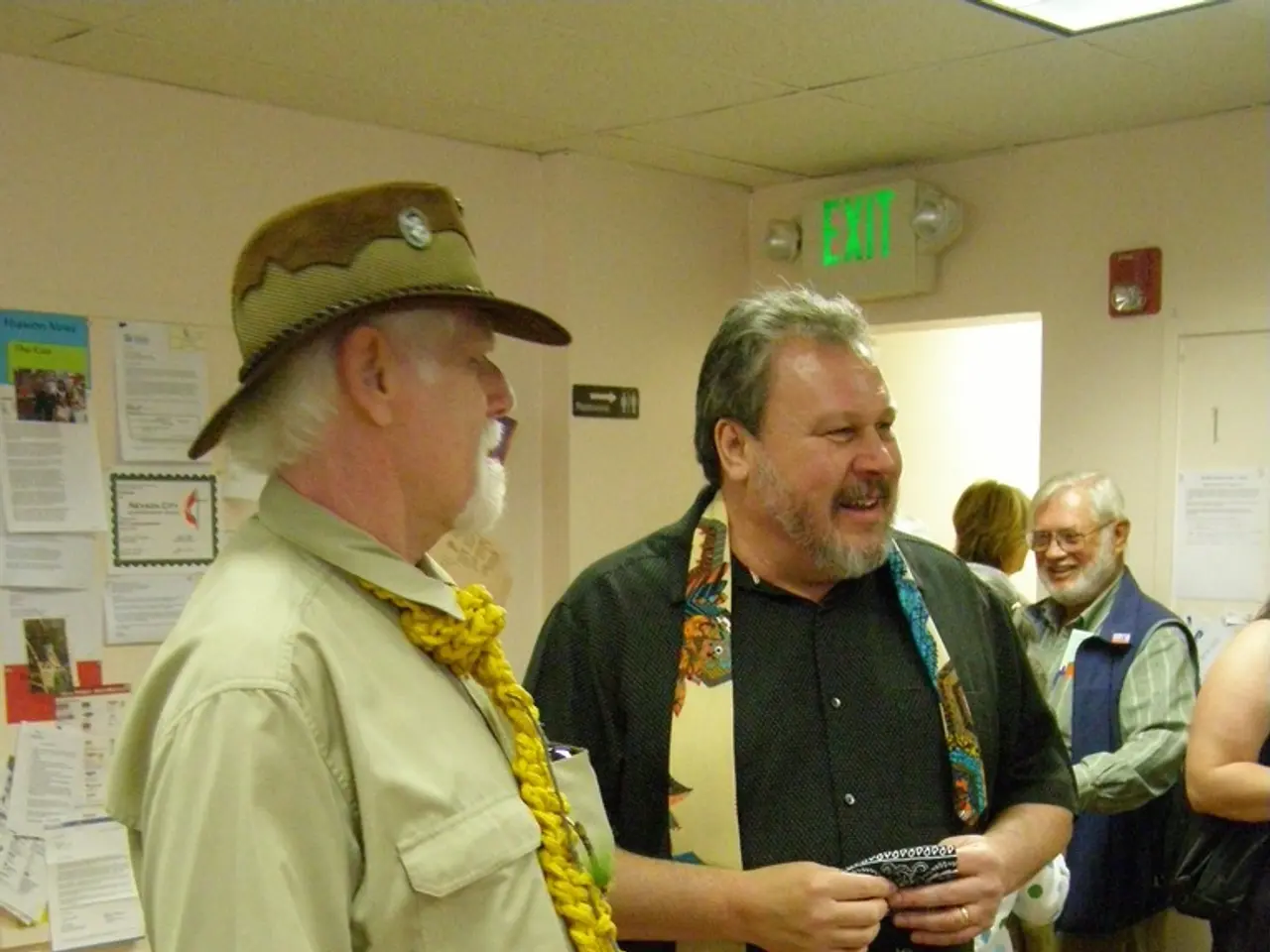Crucial Legal Guidelines for Seniors Decoded
In the twilight years of life, seniors face a myriad of challenges, from housing and healthcare to financial matters. Fortunately, a wealth of resources exists to help navigate these complexities and safeguard the rights of our aging population.
Housing law plays a critical role in ensuring seniors have safe, affordable, and accessible housing options. The Fair Housing Act protects them from discrimination based on age, ensuring equal access to housing opportunities. Local Area Agencies on Aging (AAA) connect seniors with legal advice and support services tailored to their needs.
Healthcare decisions can be overwhelming for seniors, making it beneficial to consult professionals specializing in elder law. Healthcare directives, such as living wills and powers of attorney, play a crucial role in medical decision-making for seniors, ensuring that healthcare preferences are honored even if the individual is incapacitated. Understanding Medicare benefits and coverage options is key for seniors, as they navigate healthcare access and costs.
The National Council on Aging (NCOA) provides informative guides and resources that help seniors understand their entitlements, protecting them from potential legal pitfalls. Among nonprofit and community resources, numerous elder law clinics offer free or low-cost legal assistance on issues such as housing disputes, consumer rights, and healthcare for low-income seniors. Legal aid organizations also provide free legal help for seniors who meet income qualifications, assisting with bankruptcy and other civil legal matters.
Key government programs providing legal resources for the aging population include the Elder Justice Initiative (EJI) within the U.S. Department of Justice. This initiative focuses on combating elder abuse, neglect, and financial fraud against older adults through enforcement, legal action, and community support programs. It also manages the National Elder Fraud Hotline and funds elder abuse legal fellowships to address victims' legal needs. The Older Americans Act (OAA) establishes a network of federally funded community-based support programs that deliver services including elder abuse prevention and advocacy for nursing home and assisted living residents, administered by state agencies and local organizations.
Advocacy for policy reforms remains vital in addressing gaps in legal protection and services for older adults. Policies that promote consumer protection, guardianship, and estate planning are essential in ensuring the diverse needs of the aging community are met. Additionally, innovative programs integrating technology, such as online legal clinics and tele-law consultations, can provide enhanced access to legal resources for seniors.
Elder abuse can manifest in various forms, including financial exploitation, identity theft, and misuse of power of attorney. Legal remedies for elder abuse victims include filing a civil lawsuit for damages, seeking protective orders, reporting to law enforcement, and accessing mediation services. Medicaid services provide assistance for low-income seniors, helping with long-term care expenses.
Confidentiality and privacy rights under HIPAA are essential for seniors, protecting their personal health information. The Social Security Administration offers legal support through its benefit programs, ensuring seniors receive the financial aid they are entitled to. AARP offers a wealth of resources, including legal counseling, document review, and advocacy for policies that protect seniors' rights.
In summary, the primary government resources are the Elder Justice Initiative (DOJ), focusing on elder abuse enforcement and victim legal support, and the Older Americans Act programs, providing broad community-based legal advocacy among other services. Nonprofits and local legal aid clinics complement these government efforts by delivering free or low-cost legal aid specifically tailored to older adults, especially those with low incomes. Legal Aid Societies operate across the country, offering free or low-cost legal assistance to seniors in need. Guardianship issues emerge when an elder can no longer make informed decisions, and establishing a legal guardian to manage their affairs can prevent neglect or exploitation.
As our population continues to age, it is crucial that we ensure our seniors have access to the legal resources they need to navigate the complexities of their later years. By understanding and utilising these resources, we can empower our seniors to make informed decisions, protect their rights, and live with dignity and security.
- In the realm of health-and-wellness, understood medical decision-making for seniors is crucial, which can be facilitated through healthcare directives like living wills and powers of attorney.
- The National Council on Aging (NCOA) is a valuable resource for seniors seeking to understand their entitlements, particularly in areas of science, such as navigating Medicare benefits and understanding their healthcare options.




